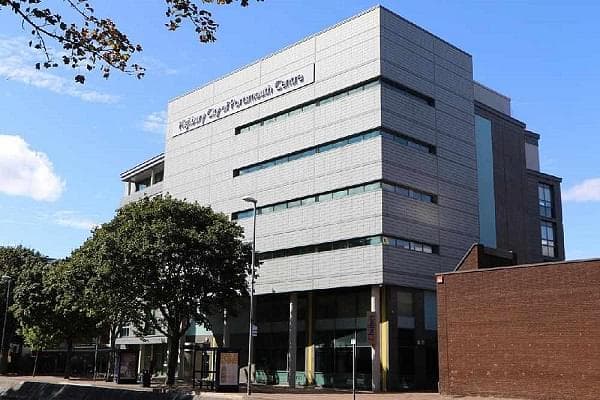Sport And Exercise Science BSc Hons at University of Portsmouth
Portsmouth, United Kingdom
- Tuition Fee £ 17,200
- Country Rank-
- Duration36 Months
- Score IELTS: 6 TOEFL: 79
Program Overview
On this BSc (Hons) Sport and Exercise Science degree, you’ll learn to apply scientific principles that help athletes perform at their best. But it's not just elite sportspeople who will benefit from your knowledge and skills. Become a passionate advocate for the essential role sports science plays in society as you uncover ways everyone can use physical activity to boost their health and wellbeing.
Cost Of Studying At University of Portsmouth
Interest rates as low as 8.9% *
250K+
Students Assisted
800Cr+
Loan Amount Disbursed
5000+
Loans Sanctioned
Check Loan Eligibility
Powered by
